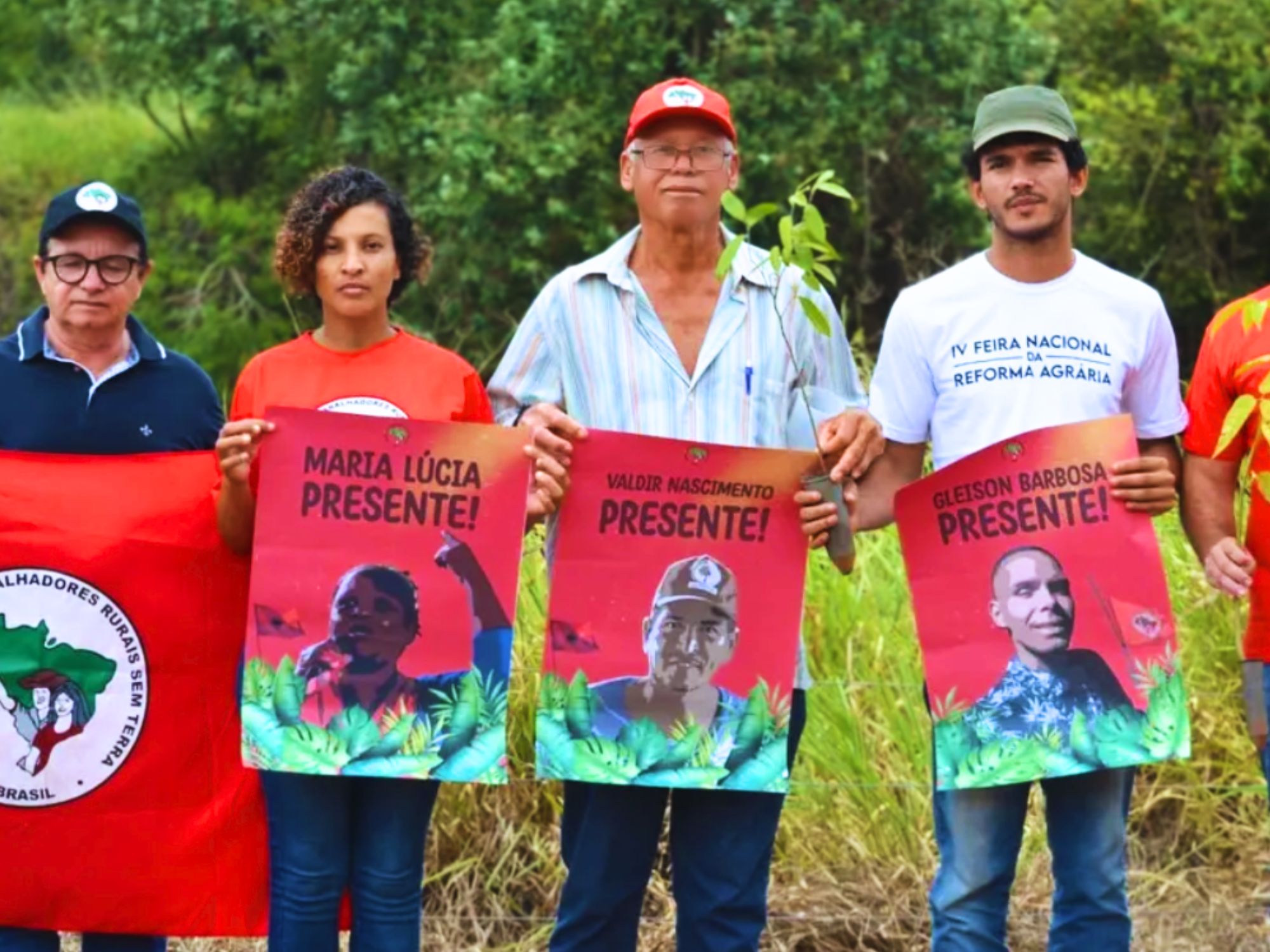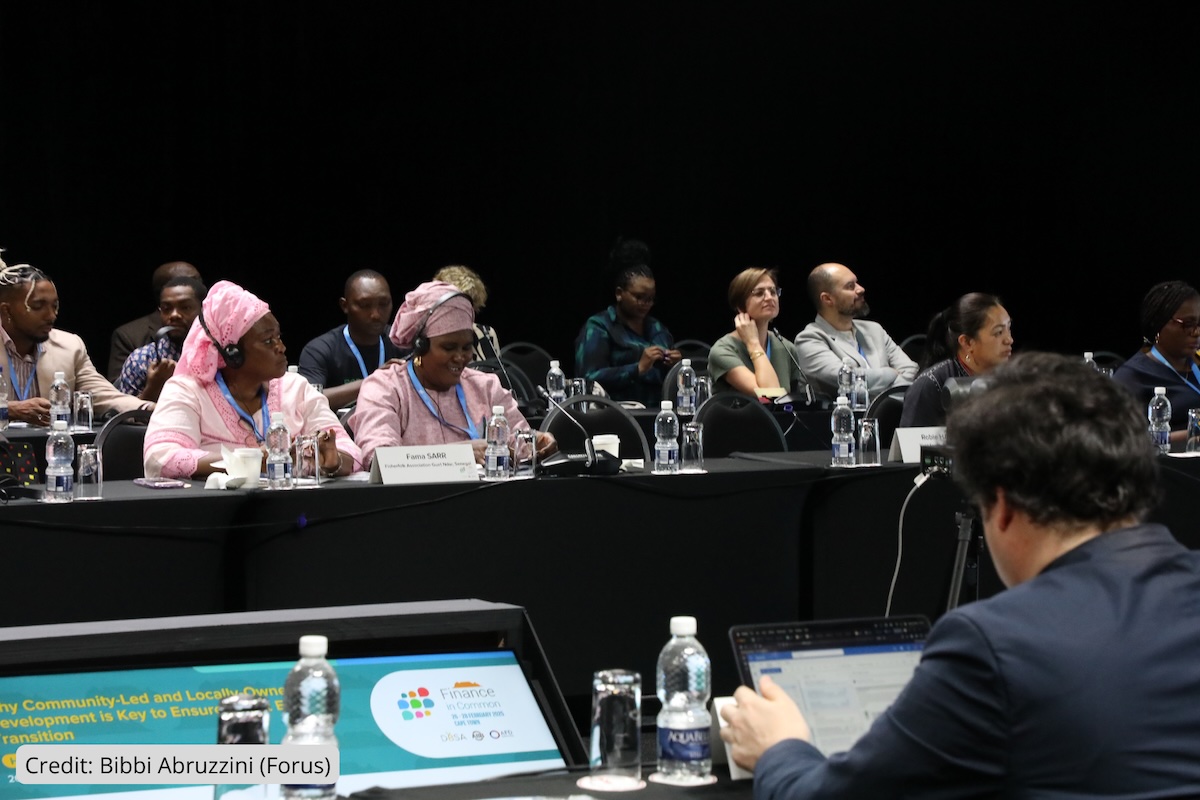Across the world, social movements face relentless attacks—from land defenders in Latin America and Gaza to shack-dwellers in South Africa. These acts of repression are part of a broader system that sustains economic and political power through violence—whether through state repression, evictions, militarization, or corporate exploitation.
The PEV is foundational to today’s global economic structures, ensuring that land is expropriated, workers are subdued, and resistance is dismantled to maintain profit-driven systems. At its core, PEV help us to understand who profits from violence (e.g., corporations, financial institutions, ruling elites), how violence is used to sustain economic and political power (e.g., land dispossession, labor suppression, criminalization of resistance), and how violence intersects with systems of oppression (e.g., colonialism, racism, patriarchy, imperialism).
The way PEV operates is not random—it is systemic.
How the PEV Manifests Worldwide
As an international human rights network, we have witnessed the alarming expansion of PEV in all regions of the world. Here are some of the ways in which it manifests itself in our current landscape:
Dispossession and Militarization
Movements like Brazil’s MST and Garífuna land defenders in Honduras denounce that attacks against peasant and Indigenous communities are not incidental but a deliberate strategy to clear the way for large-scale agricultural, mining, or tourism projects. The use of military, paramilitary, or police forces to evict populations and repress protests is a structural mechanism of the PEV.
Imperialism and War
Armed conflicts are not just about political rivalries but serve economic interests that seek to open markets, control natural resources, and expand geopolitical domination.Struggles from Gaza to the Congo are linked, showing that war is a key tool of global capitalism. Violent evictions faced by Indigenous Newa peoples in Nepal or the relentless bombardment of civilians in Gaza are part of the same systemic forces: real estate speculation, agribusiness, settler colonialism, and militarized borders—all functioning within the same economic logic of increasing profits for the few over the wellbeing of billions of people and the sustainability of our planet.
Criminalization of Resistance
The PEV manifests in the assassination, imprisonment, or legal persecution of social leaders who challenge the dominant economic order. According to the NGO Global Witness, over 2,000 land and environmental defenders have been killed worldwide since 2012. Meanwhile, ProtectDefenders.eu, the EU Human Rights Defenders mechanism, provided support to nearly 8,700 at-risk human rights defenders in 2021, reflecting a 23% increase from the previous year.
Just last year, Father Marcelo Pérez, an Indigenous priest and well-known human rights defender was assassinated by two armed men just outside his church in San Cristobal de las Casas, Chiapas, a region in southern Mexico where paramilitary violence has served the interests of extractive industries and organized crime. In addition, in places like Palestine, Colombia, or South Africa, activists denounce that the repression of popular movements is often directly funded and backed by transnational corporations and corrupt government officials.
Extractivism and Environmental Destruction
Environmental movements argue that the destruction of forests, rivers, and Indigenous territories is not a “side effect” of development but a direct consequence of an economy based on the violent exploitation of nature and communities. The fight against climate change is framed as part of the struggle against the PEV, as the ecological crisis is seen as a result of capitalist accumulation.
The Role of ESCR-Net: Collective Resistance to Systemic Repression
At ESCR-Net, we recognize that an attack on one movement is an attack on all. Our global network—uniting over 300 social movements, grassroots organizations, and advocates across 80 countries—stands in solidarity with those resisting the PEV. We amplify their struggles, demand accountability from perpetrators, and work collectively to dismantle structures of oppression. This is why over 130 human rights organizations have demanded an arms embargo on Israel, why movements from Honduras to Nepal call for international pressure against corporate and state-backed repression, and why communities from South Africa to Brazil continue organizing despite the deadly cost.
To confront the Political Economy of Violence (PEV), our response must be as global and systemic as the crisis itself. This means:
- Sharpening our analysis – Identifying and exposing the corporations, banks, and institutions profiting from repression and dispossession.
- Escalating our actions – Moving beyond advocacy to direct support for movements, economic pressure (boycotts, divestment), and legal accountability.
- Strengthening global solidarity – Recognizing that struggles across regions are interconnected and require coordinated resistance.
We understand that the machinery of violence will not dismantle itself, but people worldwide are resisting. Our task is to stand with them, organize, and build a future where social movements hold power, not repression.


